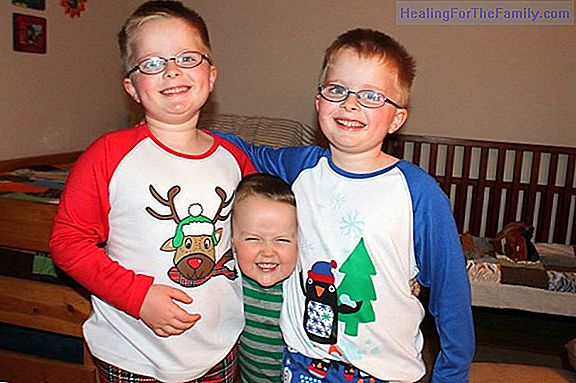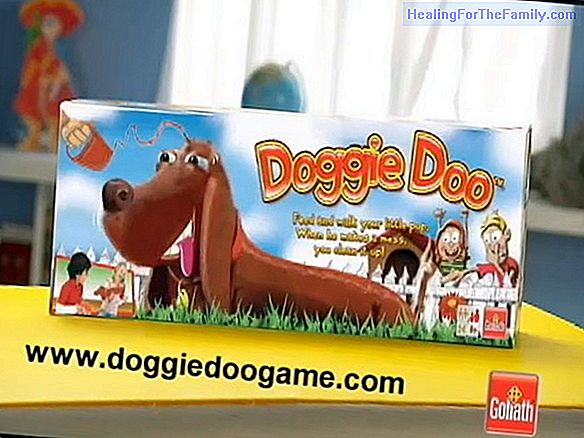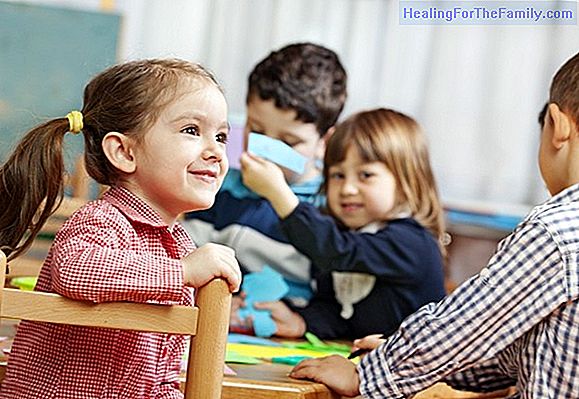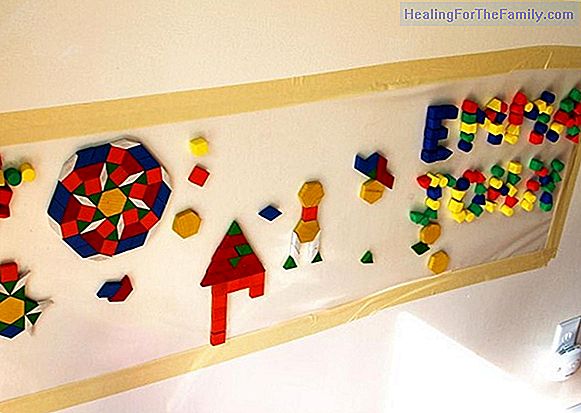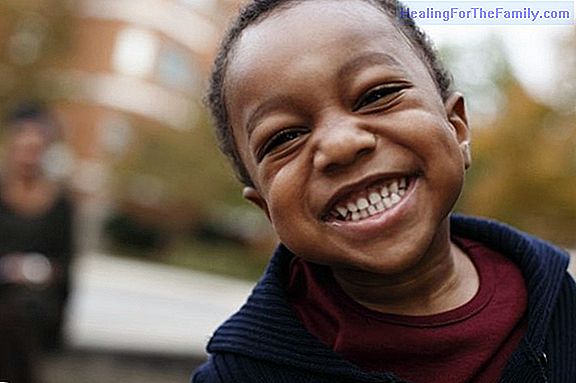Children and their friends during Early Childhood Education
When the children are young and still in the Early Childhood stage or in the nursery, a friend is the one with whom they play at recess . Children do not need more links or a deeper relationship with their peers. The friend is the one who accompanies him in his games, and he is even the one with who
When the children are young and still in the Early Childhood stage or in the nursery, a friend is the one with whom they play at recess. Children do not need more links or a deeper relationship with their peers. The friend is the one who accompanies him in his games, and he is even the one with whom he fights.
Children's social skills are also learned or improved. It is important to develop the social activities of the children, the interaction with other children, the relationship with their peers, since it supposes an important learning that will serve to develop as a person.
How to help children make friends
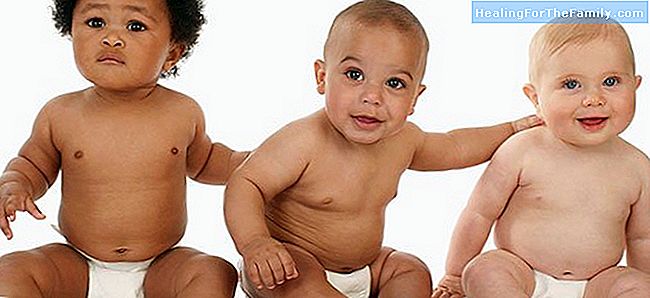
Silvia Álava, a child psychologist tells us that "sometimes we adults insist that the bond between two children be greater, we are forcing them to a bond that still does not exist at that age". The important thing is that children relate to other children, regardless of how strong that relationship is.
In any case, a father can help his children to relate to other children:
- Try to take him to parks or places where there are other children, it is very difficult for the child at an early age to generate a group of friends if he only sees to children at school or daycare.
- Relating with parents who have children of similar ages to our son's so they can play together.
- When you are with other children, encourage them to stay with them instead of being with the adult. There are more timid or insecure children who prefer to stay with their parents. To help you, the adult can enter the circle of children and participate as one more, to try to introduce the child into the game and to feel more secure. When the child is already playing, the adult can be removed.
The psychologist Silvia Álava gives us the following advice: "if we are making the effort to go with the child to a park, please do not bring a" little machine ", because if in the end the child has the possibility of taking refuge In his machine, he will not have the chance to play with other children, and learning to play with the rest of the children is fundamental. "
The game helps the child to acquire a series of learnings that he will need as an adult: to agree, to negotiate, to give up. It is important to encourage this game in the street with other children, since they will have to agree and they will have to share.



